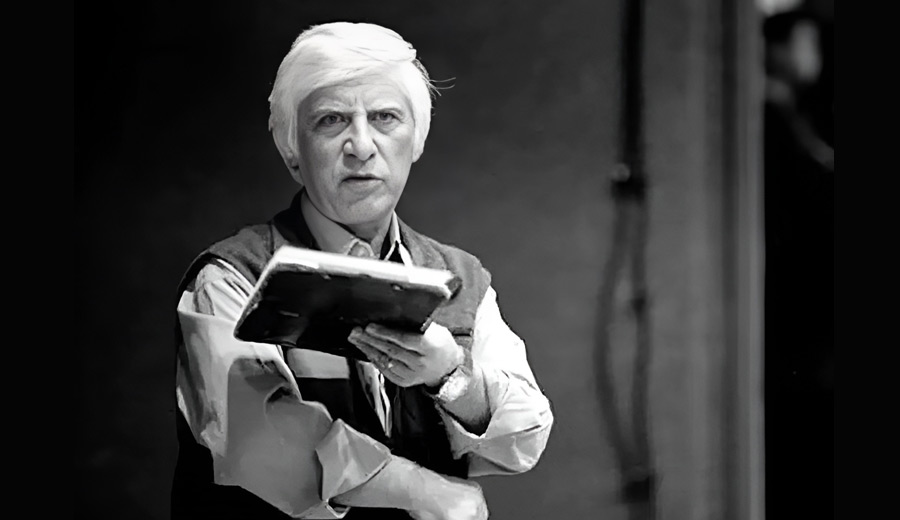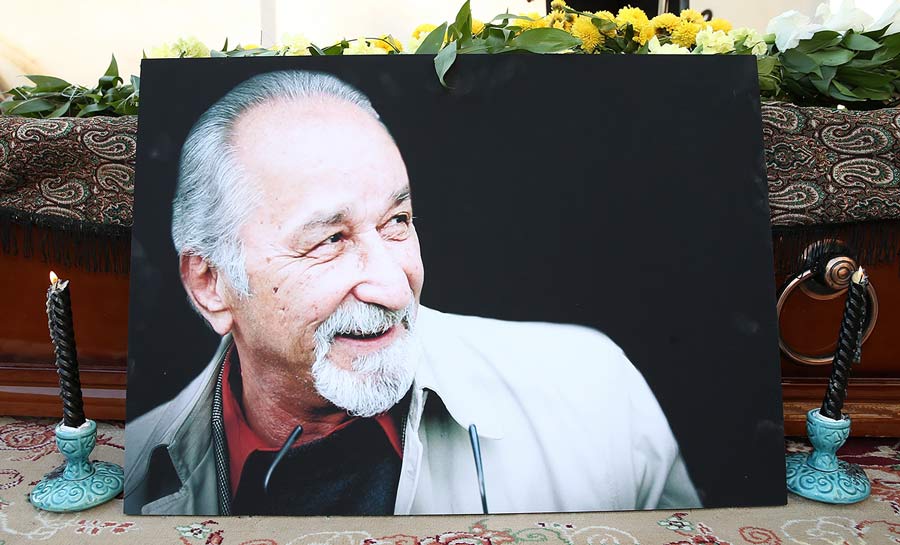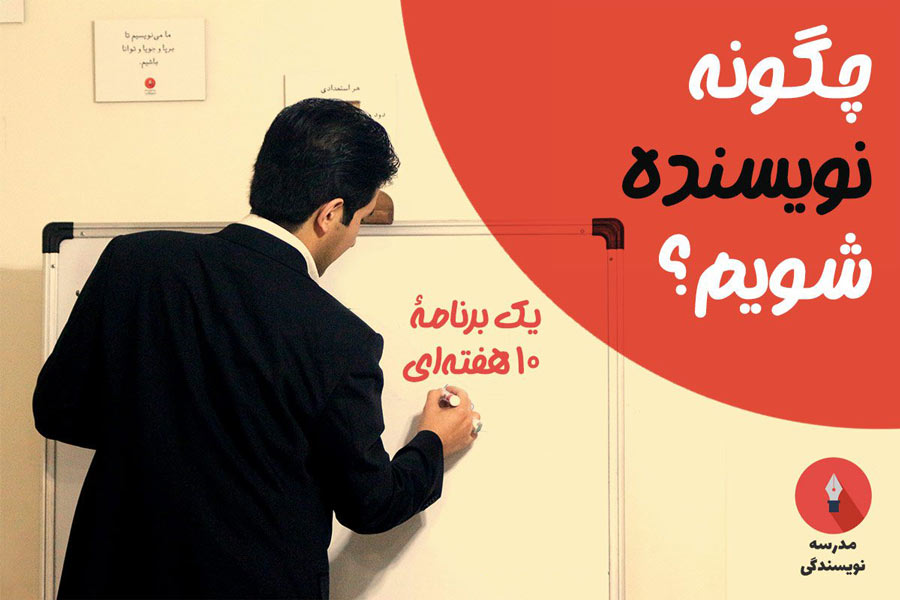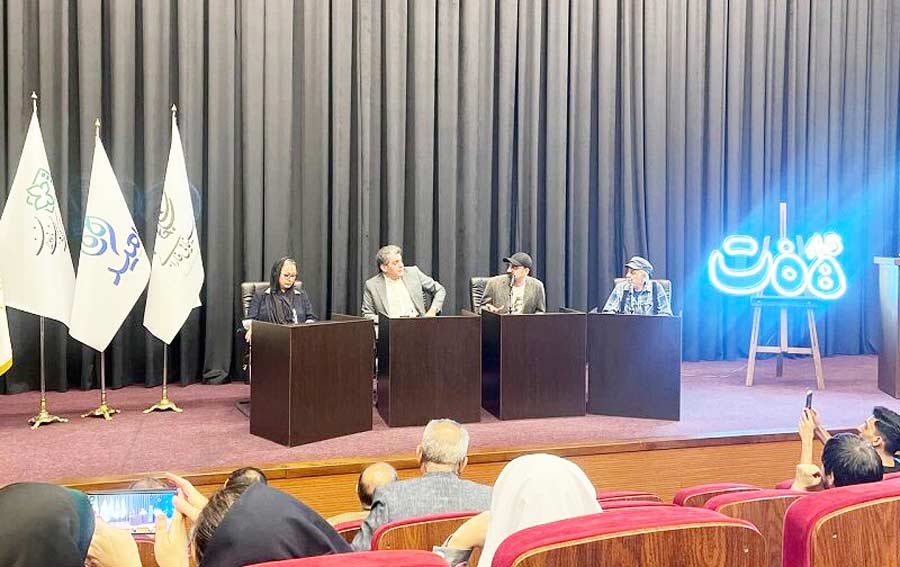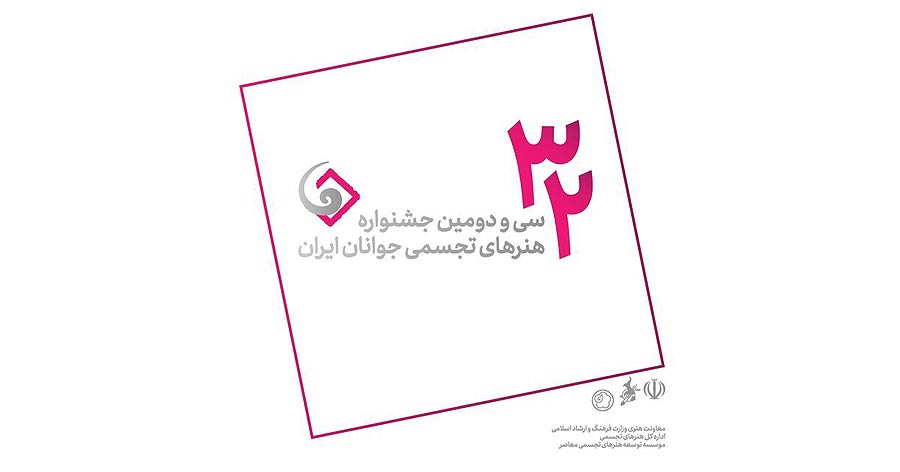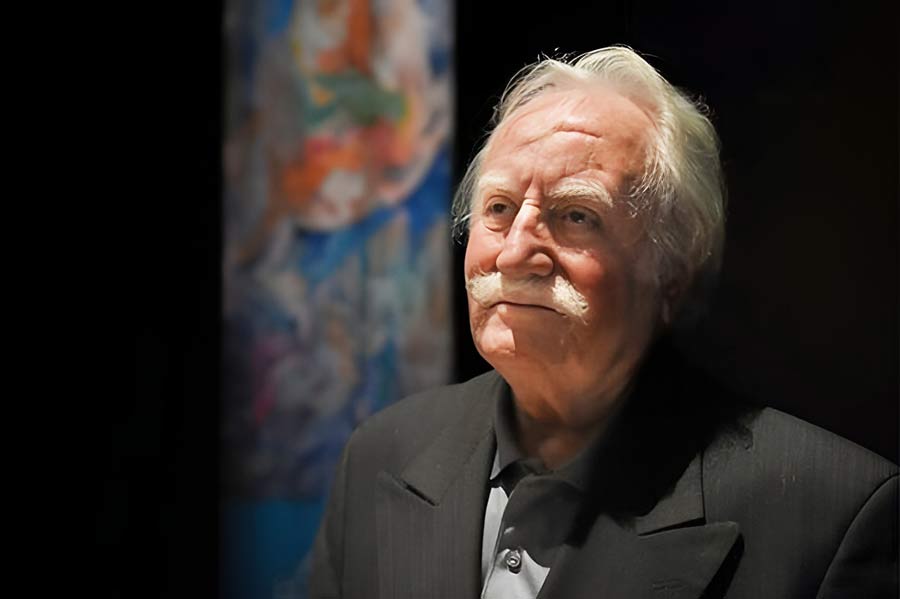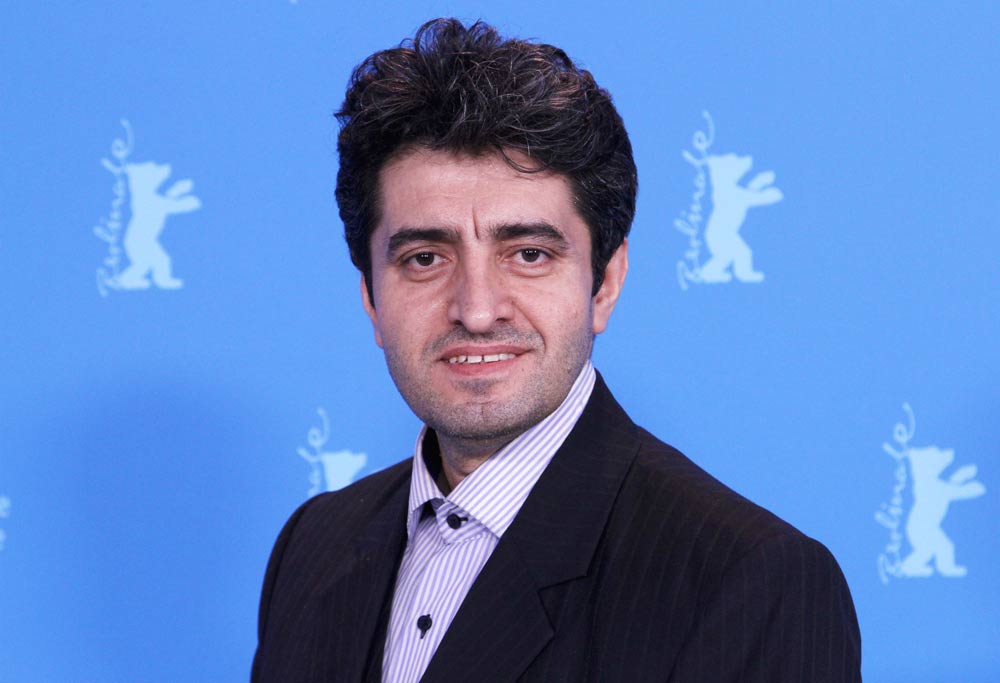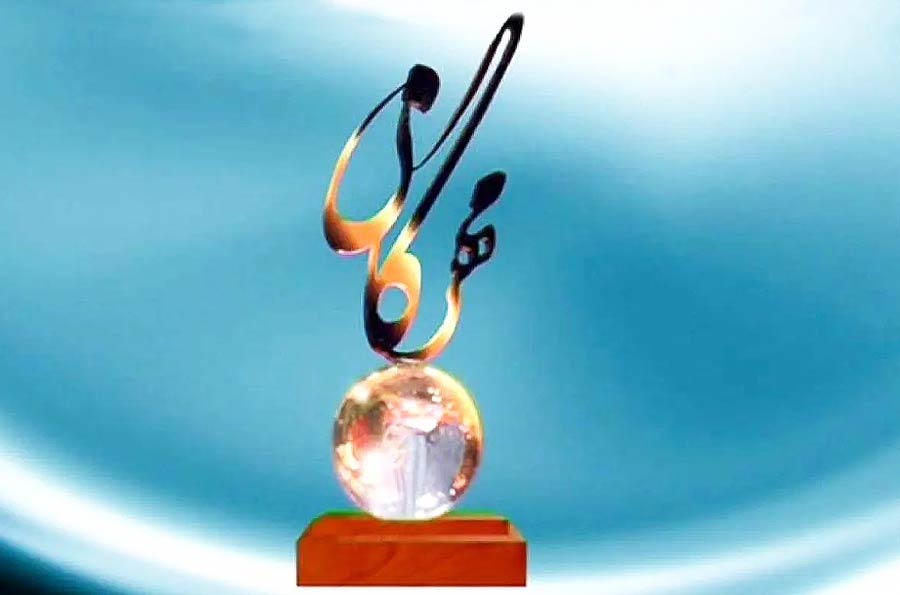Master Jamshid Andalibi died at age 66
Master Jamshid Andalibi, a reed player, died on March 5, at age of 66, due to cardiac arrest.
He was known among musicians who first learned to play reed instrument without a teacher, and then by attending Tehran University and meeting Hossein Omoumi, he continued to learn techniques of this instrument.
He studied Iranian music with artists such as Nasrollah Nasehpour, Noor Ali Broumand and Mohammad Reza Lotfi, and in 1981, he went to Hasan Kasaei in Isfahan to complete advanced techniques of reed playing.
This Iranian music artist, during his life, in addition to producing several musical works, in projects such as “Bidad”, “Nava”, “Dastan”, “Dod Oud”, “Aseman Eshgh”, “Yad Ayyam”, “Rosvai Del” “, “Payam Nasim”, “Del Majnoon”, “Sarve Chman” has collaborated.
In addition to playing, he was also active in songwriting, and albums “Mihman To”, “Paiez Neyzar” and “Mones Jan” are among his activities in the field of songwriting.
The late Andalibi arranged and played pieces of Abolhassan Saba with reeds in the form of educational rows. This is despite the fact that the reed soloist in long-lasting project “Neynava” by Master Hossein Alizadeh was also in charge of the late Andalibi, who many music audiences know this artist with such a prestigious work.
The music of “Neynava” is one of the most authentic and valuable melodies in history of Iranian music, due to presence of artists such as Hossein Alizadeh, with his unique creativity and mastery, and Jamshid Andalibi, with his enchanting solo playing in the field of reed playing, and also Another group of prominent musicians of our country managed to find a high position among the audience.
According to Alizadeh, at the time of making this piece, due to the war between Iran and Iraq at that time and ambiguity of the outcome of the war, he shed tears along with writing the notes: “I always saw results of this war and everything in a halo I could see, for example, what is the outcome of war? He also says that at that time he was offered to make works for the war, but he rejected those offers. He believes that during that period, many saw exciting issues of war; But he saw the enemy’s crime and considers Neynava to be related to the mood of that time.
Although Alizadeh used all these ideas, he believes that Neynava was like a diary for him. From his point of view, in 1983 in Iran, everything had a special shape and especially the war was going on, and he knows an indescribable feeling that made writing this work very smooth and easy.
This album, together with another album by Alizadeh called Avaye Mehr, which was published in 1991, was re-released in CD format. Neynava has been performed live by Iranian and non-Iranian Orchestras such as Rodaki Orchestra, Ukrainian Symphony Orchestra and a French Orchestra.


